What festivals or events are associated with famous landmarks in the UK?

The United Kingdom, with its deep history and cultural richness, is home to some of the world’s most famous landmarks. These sites are not only architectural or natural wonders but also serve as iconic venues for festivals, ceremonies, and public celebrations. From royal pageantry to modern cultural events, UK landmarks remain living symbols of heritage and community.
Buckingham Palace – The Changing of the Guard & Trooping the Colour
One of the most recognized ceremonies in the world, the Changing of the Guard at Buckingham Palace attracts thousands of visitors daily. The event, marked by military precision, symbolizes continuity and tradition in the British monarchy. Another key event is Trooping the Colour, the annual parade held in June to celebrate the monarch’s official birthday. With soldiers, cavalry, and music, it showcases centuries-old military tradition against the backdrop of the palace.
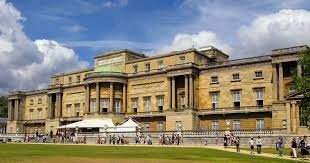
Tower of London – Ceremony of the Keys
The Tower of London, a historic fortress, is host to the nightly Ceremony of the Keys, which has been conducted for over 700 years. This ritual of locking up the Tower symbolizes security and tradition. Additionally, the Tower plays a central role in national remembrance, especially during large-scale commemorations like the poppy installation in 2014 marking World War
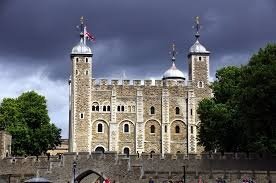
Westminster Abbey – Royal Weddings and Coronations
As the coronation church since 1066, Westminster Abbey is tied to some of the UK’s most significant national ceremonies. Royal weddings, such as Prince William and Catherine Middleton’s in 2011, were global events watched by millions. Coronations, including that of King Charles III in 2023, reaffirm the Abbey’s role as a sacred landmark in British civic and religious life.
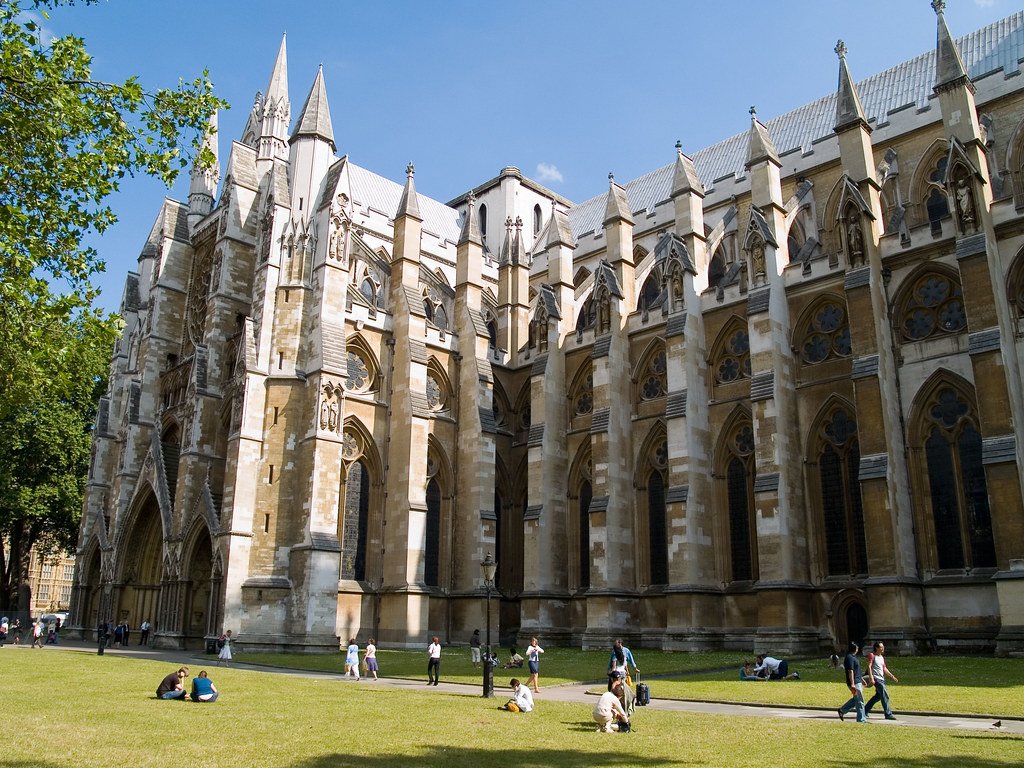
Edinburgh Castle – Edinburgh Festival & Hogmanay
Edinburgh Castle, perched on Castle Rock, is central to Scotland’s cultural celebrations. The annual Edinburgh Military Tattoo, part of the wider Edinburgh Festival, features military bands, performances, and fireworks set against the castle’s dramatic backdrop. At New Year’s, Hogmanay celebrations see thousands gather around the castle for one of the world’s most famous fireworks displays, making it a global destination for ringing in the new year.
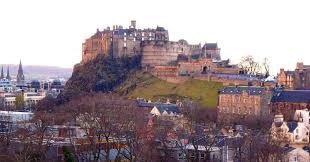
Stonehenge – Summer and Winter Solstice
Stonehenge, the ancient stone circle in Wiltshire, is inseparably linked with solstice celebrations. On the summer and winter solstice, thousands gather to witness the sunrise or sunset align with the stones. These events attract druids, pagans, and visitors alike, blending ancient traditions with modern cultural expressions of spirituality.
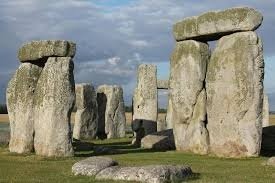
Big Ben and the Palace of Westminster – New Year’s Eve
On New Year’s Eve, Big Ben’s chimes signal the start of the year, broadcast across the UK and around the world. The nearby Thames becomes a stage for London’s spectacular fireworks, making the Palace of Westminster and its clock tower central to this national celebration.
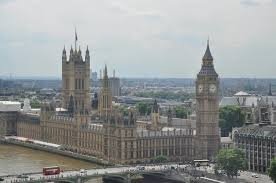
Conclusion
From royal traditions at Buckingham Palace and Westminster Abbey to ancient rituals at Stonehenge and cultural festivals in Edinburgh, the UK’s landmarks are not static monuments—they are dynamic spaces where history, heritage, and modern life intersect. These events, whether solemn or celebratory, ensure that the nation’s most iconic landmarks remain at the heart of British identity and global cultural life.
